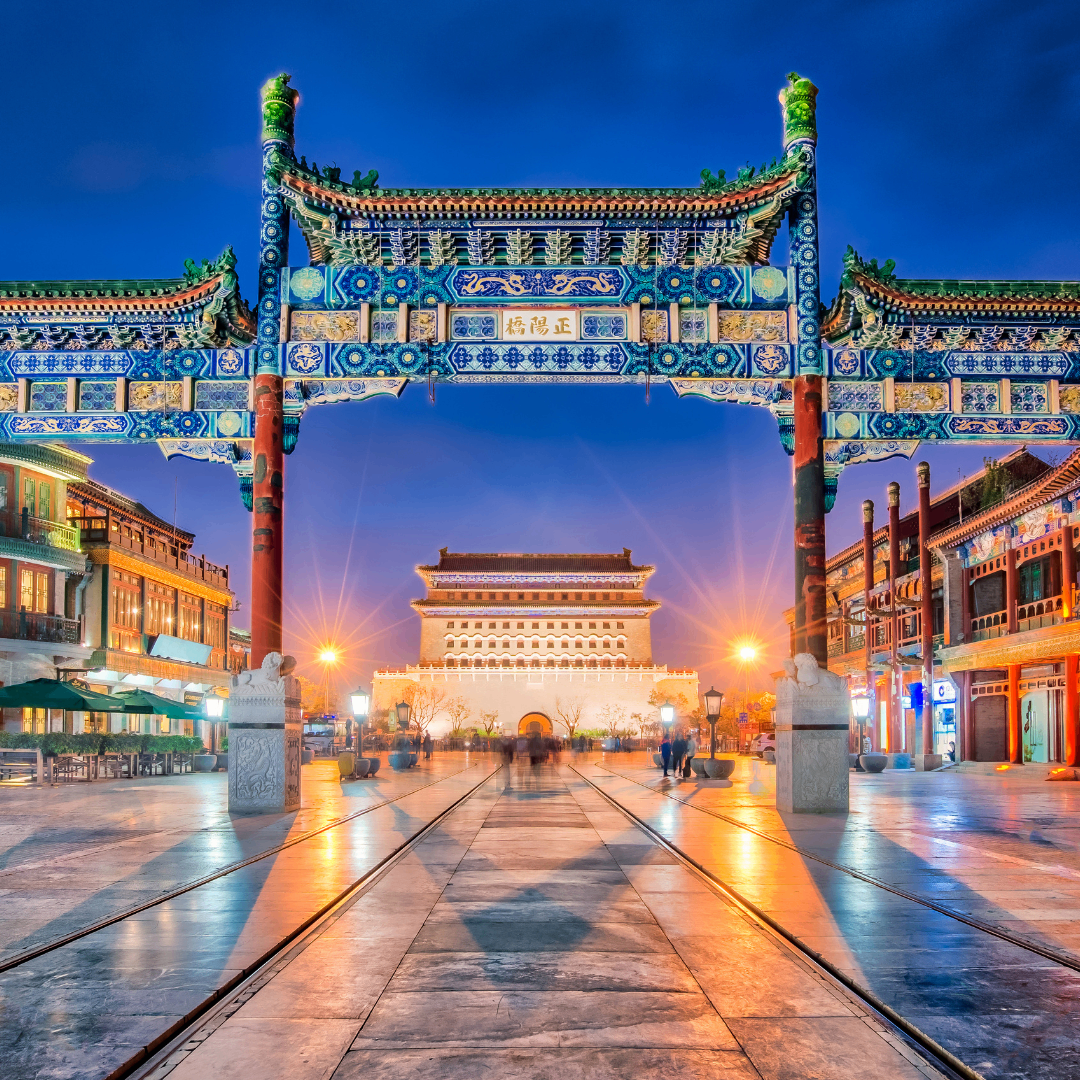Real-world tips that make all the difference—because business isn’t just about the pitch.
Heading to China for your first business trip? Whether you're visiting suppliers in Shenzhen, attending a conference in Beijing, or meeting potential partners in Shanghai, there are a few things you really should know before packing your bags. China is rich in opportunity—but also very different in pace, culture, and how business gets done.
Here are my top recommendations to make your trip smoother, smarter, and way less stressful:
1. Understand Chinese Business Etiquette
Chinese business culture is rooted in respect, hierarchy, and subtlety. What works in Manila might not fly over there.
Recommendations:
Dress professionally, even if the meeting is informal.
Present and receive business cards with both hands.
Keep your tone polite, reserved, and humble on the first meeting. Relationship-building takes time.
2. Download the Right Apps Before You Leave
China has a strict internet firewall. Most of the apps you use daily—Google, Gmail, Facebook, Instagram—won’t work unless you’re prepared.
Must-have apps:
VPN app (Download and test before your trip)
WeChat – the main communication tool in China for both business and personal use
DiDi – for local rides
Baidu Maps or Apple Maps – since Google Maps isn’t accessible
3. Prepare for the Food Experience
Chinese cuisine is amazing, but it can be a surprise for first-timers. From spicy hot pots to unfamiliar dishes, it helps to know what to expect.
Tips:
Research local dishes in the area you’re visiting.
Don’t be afraid to ask for “less spicy” or “not spicy” when ordering.
Bring a few snacks from home, just in case your stomach needs a break.
4. Handle Your Visa Early and Carefully
A Chinese business visa (M visa) requires paperwork—and time. Don’t leave it until the last minute.
What you’ll need:
Official invitation letter from your business contact in China
Confirmed itinerary and hotel booking
Valid passport with at least 6 months remaining
Pro tip: Use a trusted travel agency or visa processor if you're unsure about the process.
5. Pack With Purpose
Aside from your usual business attire, there are small things that will make a big difference once you're there.
Packing checklist:
Universal power adapter (China uses different plug types)
Power bank for long days out
Printed and digital copies of your visa, passport, and hotel details
Pocket Wi-Fi or local SIM card if you’ll need consistent internet
6. Carry Tissue and Sanitizer
Public restrooms, especially in train stations and smaller areas, often don’t have tissue or soap.
What to pack:
It’s a small detail, but you’ll thank yourself for it.
7. Language Barriers Are Real—Plan Ahead
While English is spoken in major cities and hotels, it’s not always understood elsewhere, especially in taxis, local eateries, or smaller businesses.
What helps:
Learn a few key Mandarin phrases.
Have your hotel name and meeting locations written in Chinese.
Use WeChat Translate or a good translator app for quick conversations.
Final Thoughts
Your first business trip to China can be a game-changer—if you go in prepared. It’s not just about speaking the language or knowing the food, it’s about respecting the culture, observing how things are done, and moving with intention. Go in with curiosity, humility, and a solid plan.
If you're serious about building connections and doing business in China, it starts with showing up the right way. And once you do? You'll realize it’s one of the most rewarding places to work in the world.




 ${ lang === 'zh' ? '中文': 'ENG' }
${ lang === 'zh' ? '中文': 'ENG' }




 ${ lang === 'zh' ? '中文': 'ENG' }
${ lang === 'zh' ? '中文': 'ENG' }
 ${formatTime('2025-04-08 14:44:26', 2)} ${formatTime('2025-04-08 14:44:26', 3)}, ${formatTime('2025-04-08 14:44:26', 1)}
${formatTime('2025-04-08 14:44:26', 2)} ${formatTime('2025-04-08 14:44:26', 3)}, ${formatTime('2025-04-08 14:44:26', 1)}
